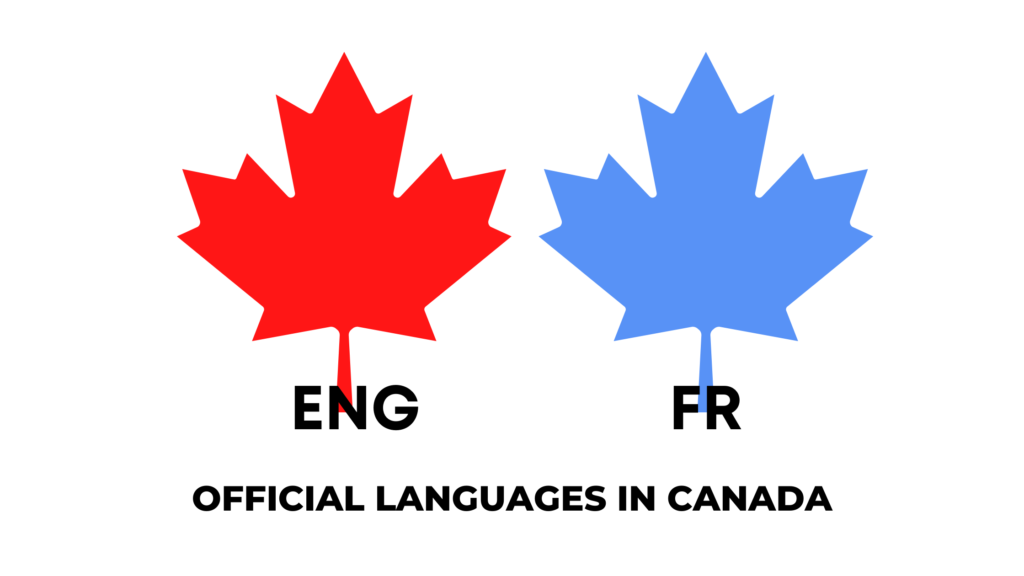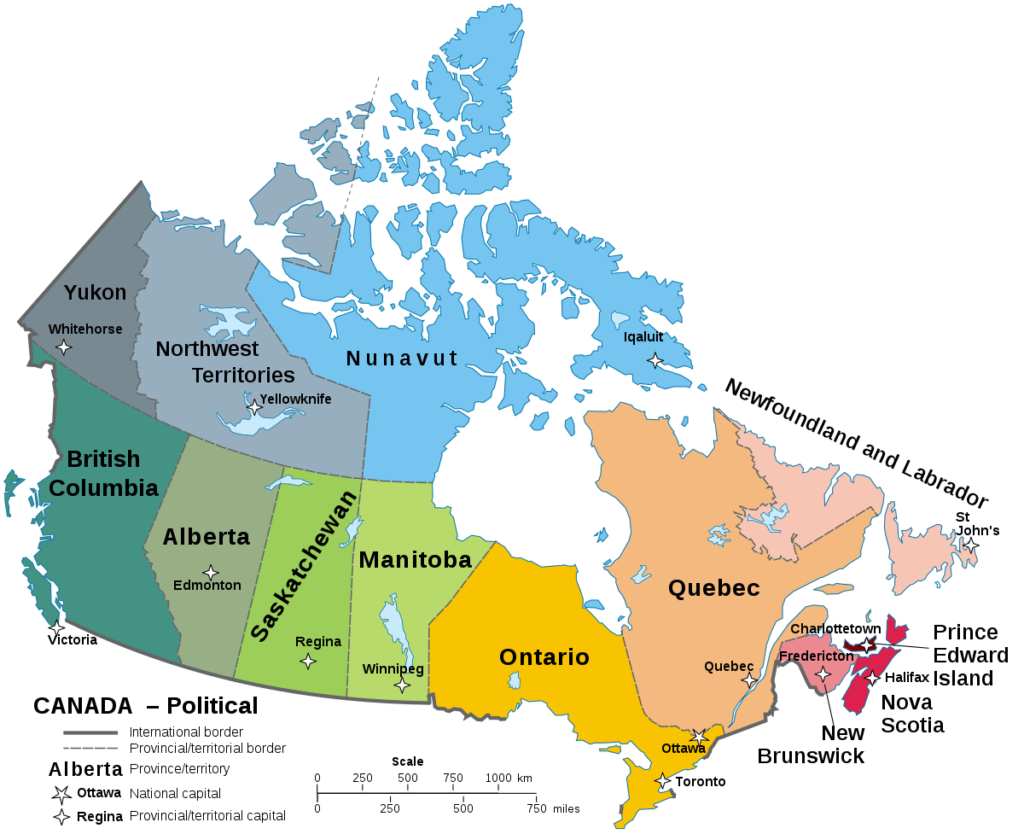Canada is the world’s second-largest country by landmass, so its options for international students are diverse. You can choose from classical universities to technological institutions, small communities to global cities. Here are some important factors to consider when choosing where to study in Canada.
We have it all. We have great diversity of people, we have a wonderful land, and we have great possibilities. So all those things combined there’s nowhere else I’d rather be. Bob Rae
Climate
Though international students spend most of their time in class, the climate can play a surprising role in how much they like studying abroad. While it’s good to prepare for all four seasons, Statistics Canada found that 66% of Canadians live within 100 km of the Canada-US border, which means most schools are in towns with a more mild climate.
In the north, adventurous students are rewarded with clear skies throughout the year, as well as long, warm summer days. Throughout the Northwest Territories, Yukon, and Nunavut, the ‘midnight sun’ is literally a reality and is looked forward to by locals and tourists alike. Despite the smaller population, students also have easy access to some of Canada’s most beautiful landscapes.
A second benefit of studying in smaller communities, such as those in the north or the sea, is that such communities offer immigration incentives. Settlement support may be available to international students holding job offers from organizations in certain areas after graduation.
On the west and east coasts, cities like Vancouver and Victoria have historically milder summer and winter temperature swings than inland communities.
Quebec and Ontario have a wide range of climates, many of which are influenced by the Great Lakes. In southern Ontario, summers are cooler and winters are warmer due to the lake effect.

Language
English and French are Canada’s official languages. Most Canadians speak English. Do you want to study your program in French? Schools in Quebec or New Brunswick, where French is the official language, would be a good fit for you. Other provinces have schools with French-language instruction, but students seeking an immersive experience will flourish in New Brunswick or Quebec.

Community Size
While Canada’s overall population density is low compared to other countries like the United States and the United Kingdom, it offers academic opportunities in communities large, small, and every size in between.
As you consider study abroad options, think about the experience you’d like to have:
- Do you see yourself living on- or off-campus?
- What hobbies and pastimes would you like to either continue or start while living abroad?
- Does a city with active nightlife (access to concert venues, bars, or restaurants) matter? Would you rather have easy access to outdoor activities like cycling? Or, are you hoping for access to both?
- Do you hope to work part-time while studying? If so, what kind of jobs do you hope to apply to?
- To what extent is access to food that adheres to dietary requirements important?
How you answer these questions can help determine where you might thrive during a study abroad experience.
The size of a community can affect its cost of living. According to sources like EduCanada, international students at post-secondary institutions usually spend C$12,000 yearly on living expenses, but students in major cities like Toronto, Montreal, and Vancouver often pay higher tuition and daily expenses. However, for some students, enrolling in a specific program or taking advantage of unique work-integrated learning opportunities is worth the extra cost.

It can be challenging to decide where to study abroad. But by considering these factors, you’re more likely to find one in a Canadian community that meets your needs.
What other factors will you consider when choosing to study in Canada? Share with us in the comment section below.
Are you tired of applying to schools and getting rejection mail? Fill out our contact form here, let’s work with you to actualize your dreams of studying in Canada.



One Comment